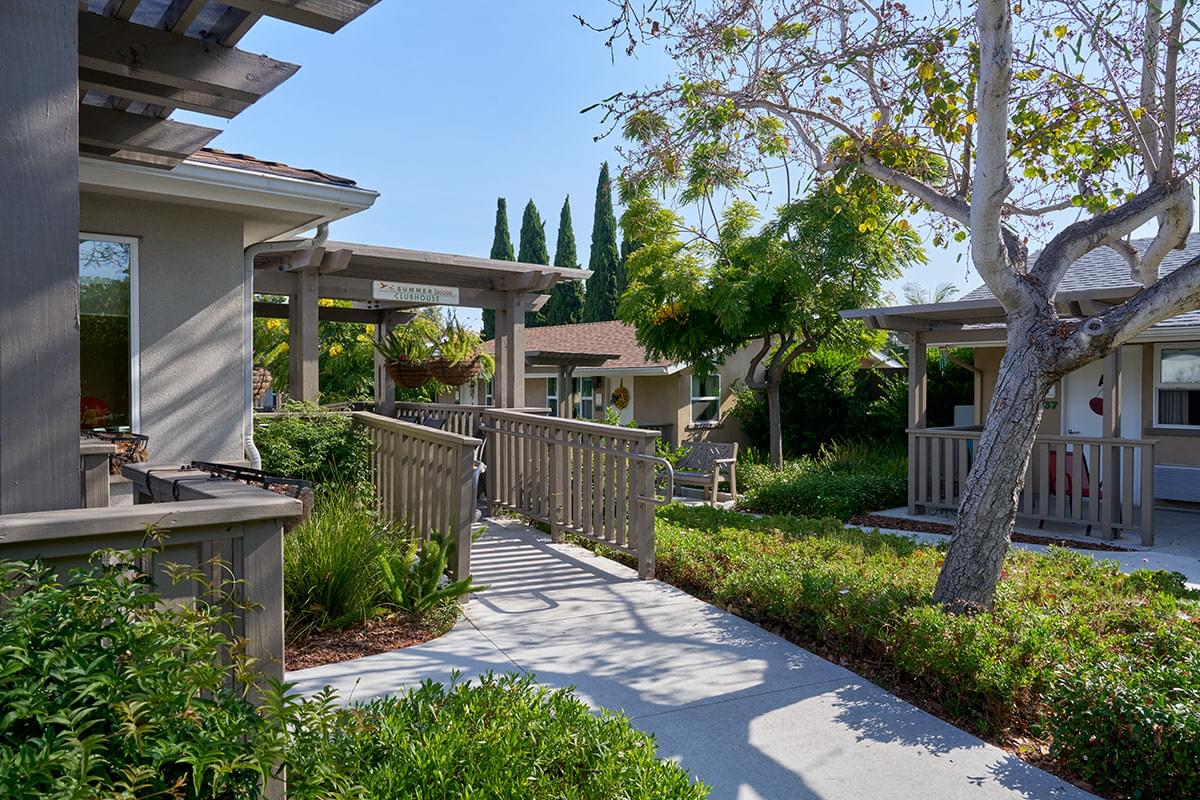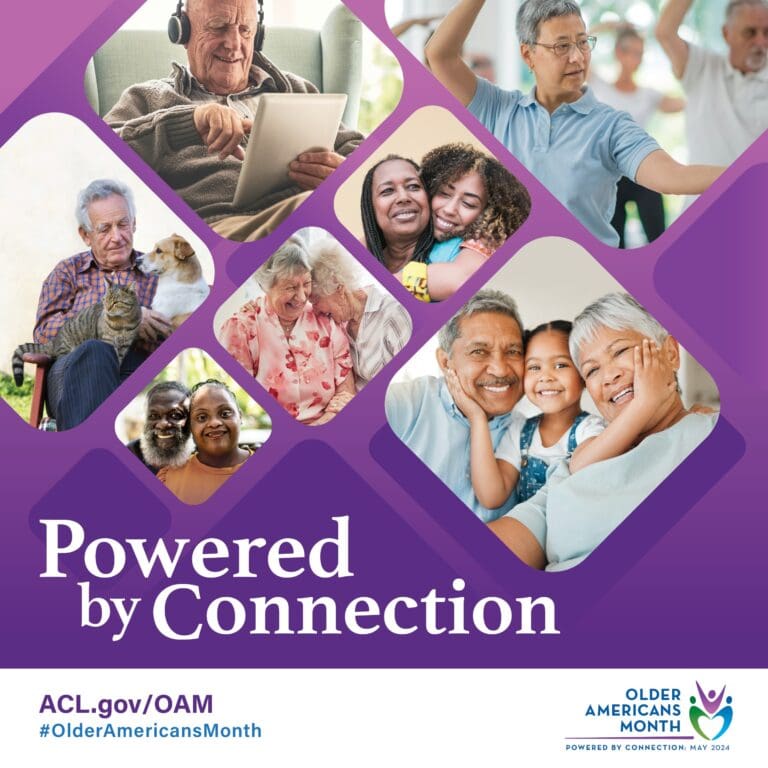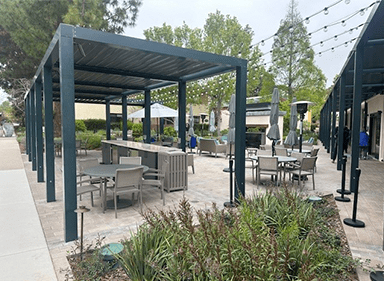March 30, 2018
Well Connected: Increasing Connection, One Call at a Time
The following is a summary of the workshop presented at the Aging in America conference by Amber Carroll and Katie Wade. Amber Carroll is Director and Katie Wade is Associate Director of Well Connected (formerly known as Senior Center Without Walls).
Setting the stage for their presentation, Well Connected Associate Director Katie Wade asked workshop participants to close their eyes and imagine someone they have a strong connection with. Around the room, she saw faces light up as people reflected on the warmth and happiness that comes from those relationships.
This simple exercise illustrated the importance of connection in people’s lives that Katie Wade and Director Amber Carroll have both seen in their work with Well Connected (formerly known as Senior Center Without Walls). “This week, would it be an exaggeration to say that you’ve heard the word ‘loneliness’ and ‘social isolation’ like a billion times?” Carroll noted. “Loneliness and social isolation have been going on since the beginning of time, but folks are starting to talk about it.”
Studies have only recently begun to calculate the health impact of loneliness and social isolation. Some studies have found that loneliness has the same negative effect on health as smoking 15 cigarettes or drinking 6 alcoholic beverages a day. Wade points out, “When I go to my yearly physical, I’m asked to fill out something about how often I drink or if I’ve ever been a smoker. But very rarely am I asked if I’m feeling lonely or if I’m feeling connected. But we know it has the same physical impact.”
Carroll notes, “This is why everyone is talking about it now. We’re seeing these real health connections to loneliness, and realizing that loneliness costs buckets of money.”
Well Connected addresses the issue of loneliness through the mutual support and reciprocal relationships provided by participants, many of whom also become group facilitators. Rather than trying to fix the problem for others, Well Connected emphasizes that participants are able to help one another. “The model of giving and receiving is what makes our program unique,” says Wade.
As an example, Wade spoke of Lynnie, whose photo is featured above. Lynnie has been a participant and facilitator for Well Connected for over a decade, facilitating at least 100 groups. After Lynnie’s recent diagnosis, she decided to facilitate a group called “Living Through Dying” for the upcoming Well Connected session, which begins April 9.
As a phone based program, Well Connected also is very accessible for people with vision loss. Along with large-print catalogs, information is available in braille and in audio form. This year, Well Connected is hosting the second National Conversation on Aging and Vision Loss, presented by the American Foundation for the Blind, on May 4th.
Well Connected helps break down barriers and bring together diverse populations. Carroll explains, “There can be somebody who’s in their SRO in the Tenderloin here in San Francisco participating with someone in New York who’s in their penthouse Central Park home, connecting around a central interest in a topic. You just don’t see that in a senior center that’s geographically bound in a particular neighborhood.”
Wade adds, “When I came to the program, it really challenged some of the biases that I had. For example, I knew Gloria, a participant, maybe for three months on the phone before she mentioned she was in a wheelchair. I had pictured her as this 20-year-old blonde. It really challenged the stereotypes that I hold.”
Unlike many other senior programs or communities, Well Connected groups take place seven days a week, giving seniors activities to participate in over the weekend. One of its long-running groups, Gratitude, has just celebrated its 10th anniversary, meeting every day at 9:00 am and expanding to a second group at noon. Wade shares, “We have developed a culture of gratitude in part because we do this every day, twice a day, seven days a week.”
“This has been an amazing job,” Wade adds. “I often think, ‘Am I getting to do this and being paid for this?’ To join the calls, to work with the volunteers, to plan the programs. But also, I don’t think a day goes by where we don’t get a positive report from someone saying, ‘Here’s how this has impacted me.’ And some of the ones that really stick with me are people who were feeling pretty serious depression and thoughts of suicide when they came to us. We’re not here as a therapeutic intervention but we know that social connection does address those issues. We’ve had people say, ‘I’d do anything for Well Connected because this program saved my life.’”
To download the most recent Well Connected catalog, click here. To register for the Spring session, which runs from April 9-July 8, call Well Connected at 877-797-7299. You can also visit their page on the Covia site.


